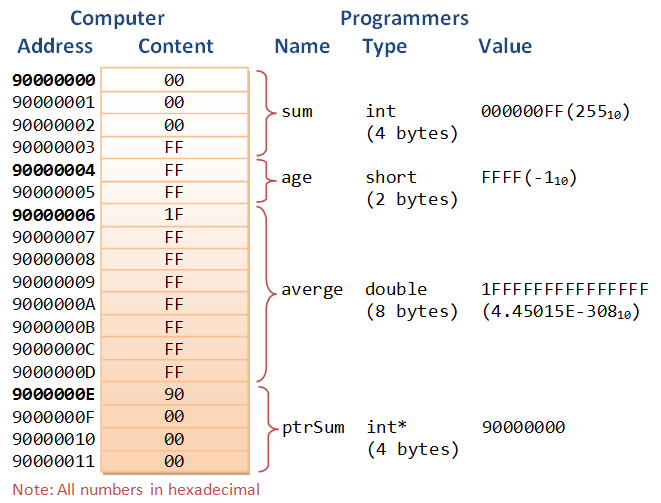What Are Two Predefined File Pointers In C

All the content available on this blog is for informational purposes only. Acer Travelmate 2480 Drivers Ethernet Controller. The content in this blog is fetched through online and offline research. If any of the information available on this blog violates or infringes any of your copyright protection, leave a comment or contact us by using the above form. Appropriate action will be taken as soon as possible. This blog makes no representations as to accuracy, completeness, correctness or validity of any information on this site and will not be liable for any errors, or delays in this information. The information contained in this blog is subject to change without notice. You can use contents in this blog only for personal use.
Reproduction and republishing of any contents from here to any other websites or blogs is strictly prohibited.
Input and Output (I/O):stdio.h • • • • • • • • • • • • • • • • • This chapter will look at many forms of I/O. We have briefly mentioned some forms before will look at these in much more detail here. Your programs will need to include the standard I/O header file so do: #include Many times it is useful to report errors in a C program. The standard library perror() is an easy to use and convenient function. It is used in conjunction with errno and frequently on encountering an error you may wish to terminate your program early.
Whilst not strictly part of the stdio.h library we introduce the concept of errno and the function exit() here. We will meet these concepts in other parts of the Standard Library also. The function perror() is prototyped by: void perror(const char *message); perror() produces a message (on standard error output -- see Section ), describing the last error encountered, returned to errno (see below) during a call to a system or library function. The argument string message is printed first, then a colon and a blank, then the message and a newline. If message is a NULL pointer or points to a null string, the colon is not printed. Errno is a special system variable that is set if a system call cannot perform its set task. It is defined in #include.
To use errno in a C program it must be declared via: extern int errno; It can be manually reset within a C program (although this is uncommon practice) otherwise it simply retains its last value returned by a system call or library function. The function exit() is prototyped in #include by: void exit(int status) Exit simply terminates the execution of a program and returns the exit status value to the operating system. The status value is used to indicate if the program has terminated properly: • it exist with a EXIT_SUCCESS value on successful termination • it exist with a EXIT_FAILURE value on unsuccessful termination. On encountering an error you may frequently call an exit(EXIT_FAILURE) to terminate an errant program. Streams are a portable way of reading and writing data. They provide a flexible and efficient means of I/O.
A Little C Primer/C File-IO Through Library Functions. The 'stdio.h' header file includes predefined file pointers. The program below reads back the two.
File Input/Output in C. A file represents a sequence of bytes on the disk where a group of related data is stored. File is created for permanent storage of data. It is a ready made structure. In C language, we use a structure pointer of file type to declare a file. FILE *fp; C provides a number of functions that helps to perform basic file operations. A tutorial covering file I/O in C. For C File I/O you need to use a FILE pointer, which will let the program keep track of the file being accessed. File Handling in C - File Pointers. Discussion in 'C' started by pradeep, Sep 2. There are two kinds of files that programmers deal with text files and binary.
A Stream is a file or a physical device ( e.g. Printer or monitor) which is manipulated with a pointer to the stream. There exists an internal C data structure, FILE, which represents all streams and is defined in stdio.h. We simply need to refer to the FILE structure in C programs when performing I/O with streams. We just need to declare a variable or pointer of this type in our programs. We do not need to know any more specifics about this definition. We must open a stream before doing any I/O, then access it and then close it.